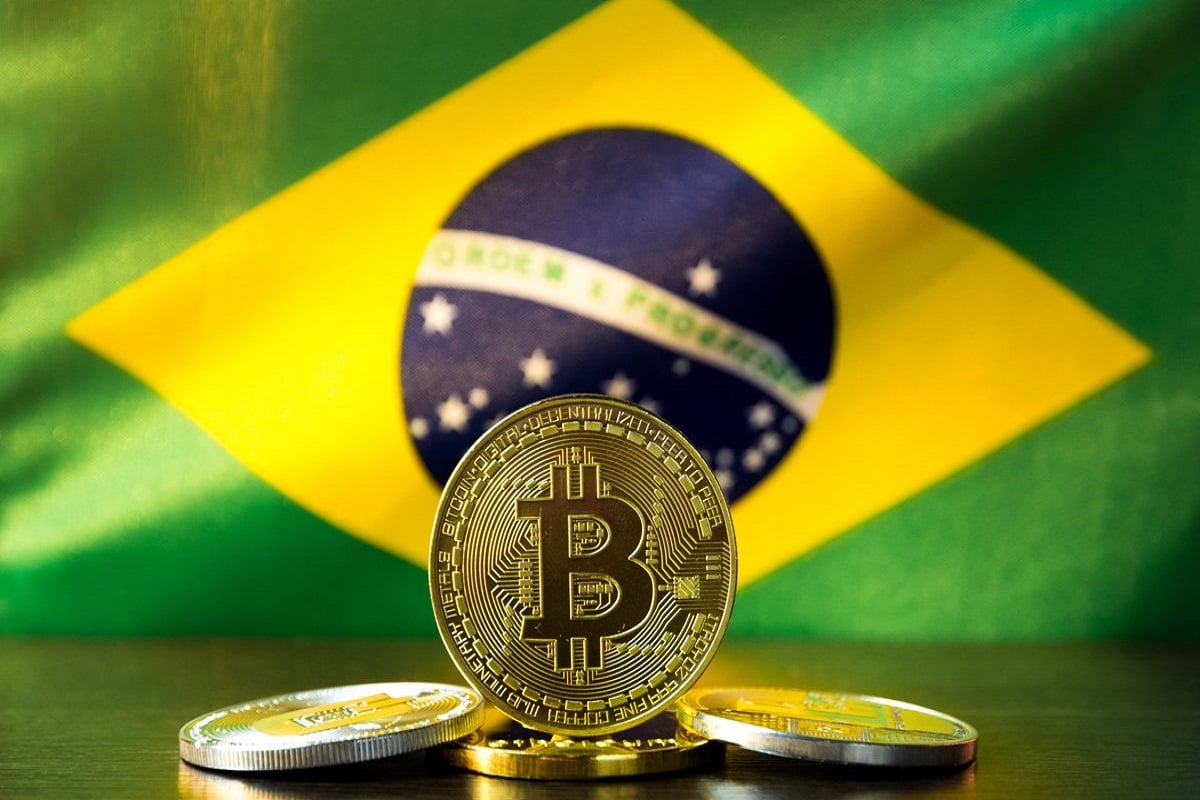
As nations around the world grapple with the need for more secure identification systems, Brazil and Buenos Aires are making significant strides by embracing blockchain technology to deliver more efficient and streamlined processes for their citizens. This move ushers in a new era of digital identity verification.
Brazil’s government recently announced the integration of blockchain technology into its national identity program. The states of Rio de Janeiro, Goiás, and Paraná are set to pioneer this initiative by issuing identification documents using a blockchain system. Serpro, Brazil’s national data processing service, is responsible for developing this private blockchain platform. Alexandre Amorim, Serpro’s president, highlighted the immutability and decentralization of blockchain as attributes that make it ideally suited for this application. These features contribute to protecting personal data and preventing fraud. Additionally, this technology aims to strengthen data exchange between government departments, particularly the Federal Revenue, in an effort to unify identity issuance across Brazil’s vast landscape of almost 30 states.
In another significant move, Brazil has unveiled plans for its central bank digital currency, called Drex. This development demonstrates the nation’s commitment to digital solutions for better governance and finance.
Meanwhile, Buenos Aires, the capital of Argentina, has announced its endeavor to merge administrative processes with blockchain technology. Starting from October, residents will be able to access identity documents through a digital wallet, including birth certificates, marriage records, and academic verifications. The technological backbone of this project is QuarkID, designed by the Web3 firm Extrimian. This system relies on zkSync Era, an Ethereum scaling protocol that harnesses the power of zero-knowledge rollups.
Guillermo Villanueva, CEO of Extrimian, emphasized the monumental significance of this development for Latin American governance. He sees it as a potential benchmark for integrating blockchain technology for public welfare.
Both Brazil and Buenos Aires recognize the importance of secure and efficient identification systems in today’s digital age. By embracing blockchain technology, they are setting an example for other nations to follow in their pursuit of more streamlined and reliable identity verification processes. As technology continues to evolve, it is likely that more countries will explore the benefits of blockchain for enhancing their own identification systems.






